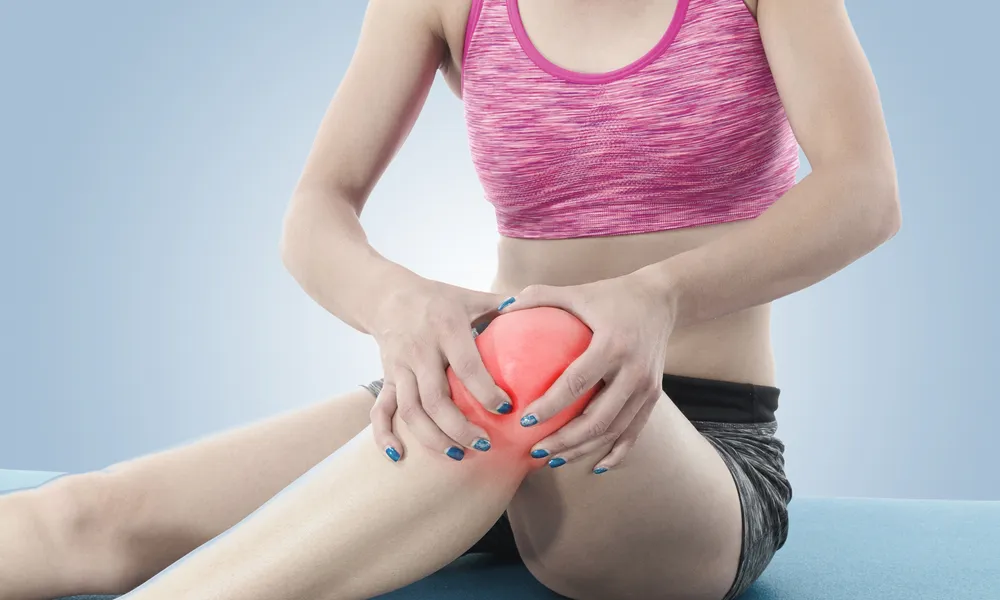
Despite Youth, Teens Experience Knee Pain
Despite Youth, Teens Experience Knee Pain
Crackling, sore knees are often associated with a sure sign of aging. But it is not unusual for teenagers - especially those active in sports - to experience serious knee pain. Aching pain in the front, or anterior, of the knee is especially common in athletic girls.
Generally there are two categories of injury: chronic and acute. Chronic knee injuries occur gradually as a result of repetitive motion such as running, jumping or turning. Acute knee injuries are caused by immediate trauma like a sudden, hard fall or twist.
Anterior adolescent knee pain is gradual and typically felt behind the patella bone, or kneecap.
"Symptoms of anterior adolescent knee pain can include dull achy pain, swelling and popping sensations in the knee," said Dr. John Hendrickson of Proliance Orthopedic Associates (POA) in Renton.
Usually a combination of ice, rest and rehabilitation will help ease anterior adolescent knee pain, Dr. Hendrickson said.
To help prevent recurrences of pain behind the kneecap, POA and the American Academy of Orthopaedic Surgeons recommend these tips:
- Wear the right shoe for the right activity; one shoe does not fit all sports
- Warm up with stretching exercises before any physical activity
- Do not overdo sports and other activities
"If the pain does not let up and continues to build over time, an examination by an orthopedic specialist is recommended," Dr. Hendrickson said.
During the exam, the orthopedic physician may check for:
- Alignment of the lower leg, kneecap and quadriceps muscles
- Inflexibility of the thigh muscles supporting the knee joint
- Knee stability, hip rotation, and range of motion in the knee and hip
- Tenderness under the kneecap
- Hamstring muscle strength
A common acute knee injury is an anterior cruciate ligament (ACL) tear. The ACL is a stabilizing ligament in the knee connecting the thighbone to the shinbone. An ACL tear is usually associated with an immediate pop after a sudden fall or twist. The knee swells quickly and gives out when weight is put on it.
"Unfortunately, a torn ligament does not heal on its own and requires surgical reconstruction," Dr. Hendrickson said.
The surgery is an outpatient procedure, allowing recovery to take place in the comfort of home. Physical therapy following surgery helps return the athletic teen to the active lifestyle enjoyed before surgery.
POA's full medical and surgical services ensure complete care, from diagnosis to treatment and rehabilitation, and thorough follow-up after treatment.
To read more about knee ligament injuries, including ACL tears, click here.



